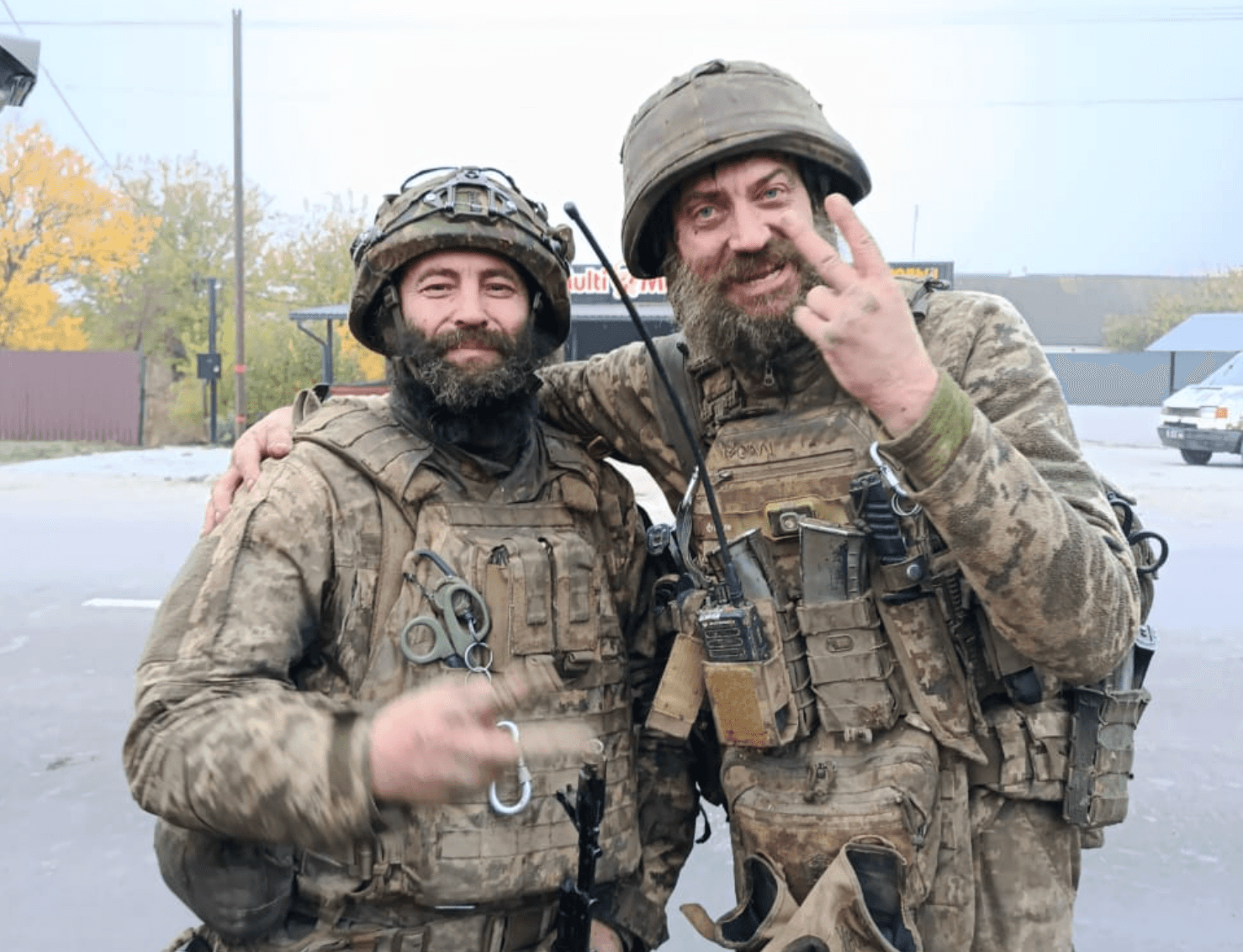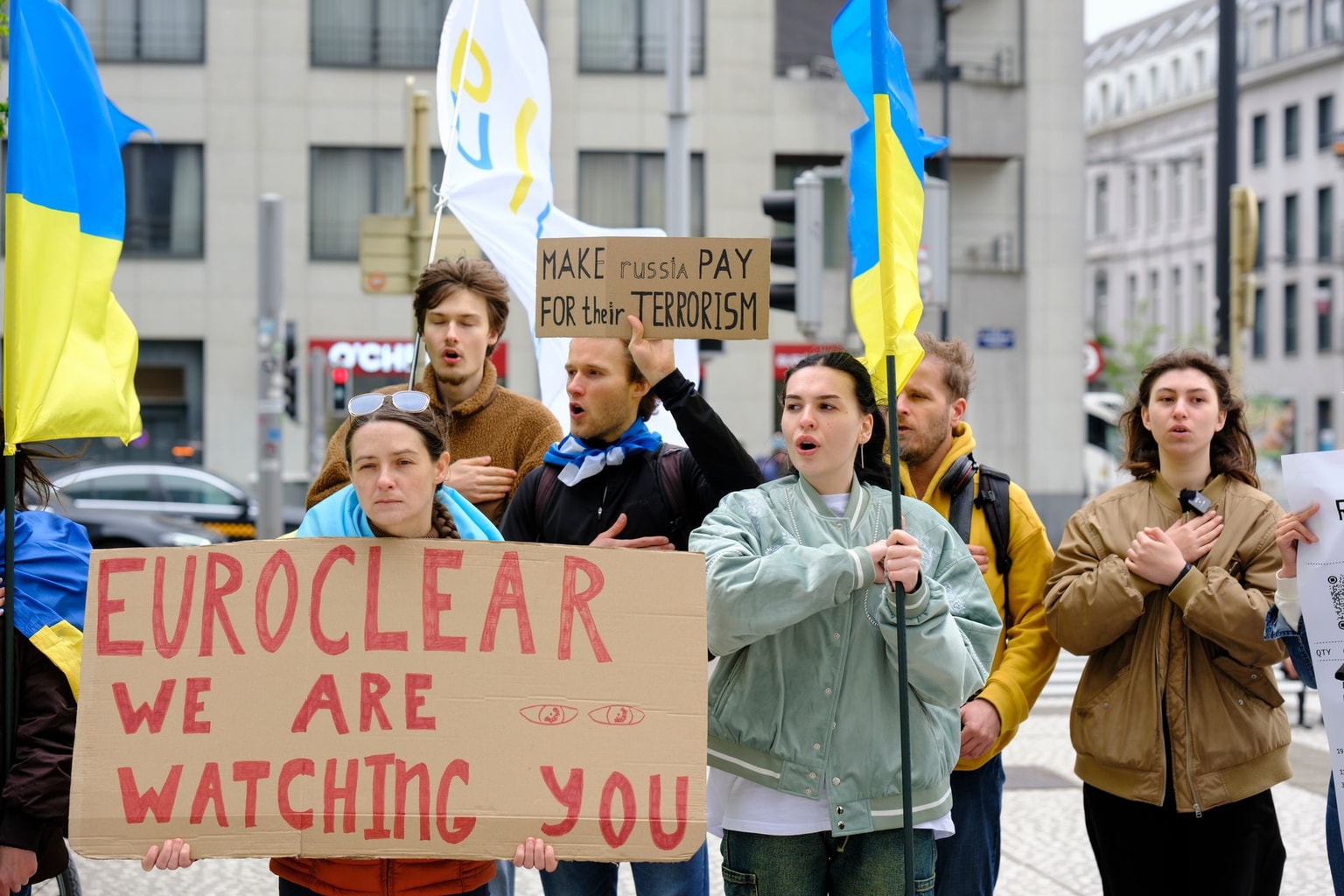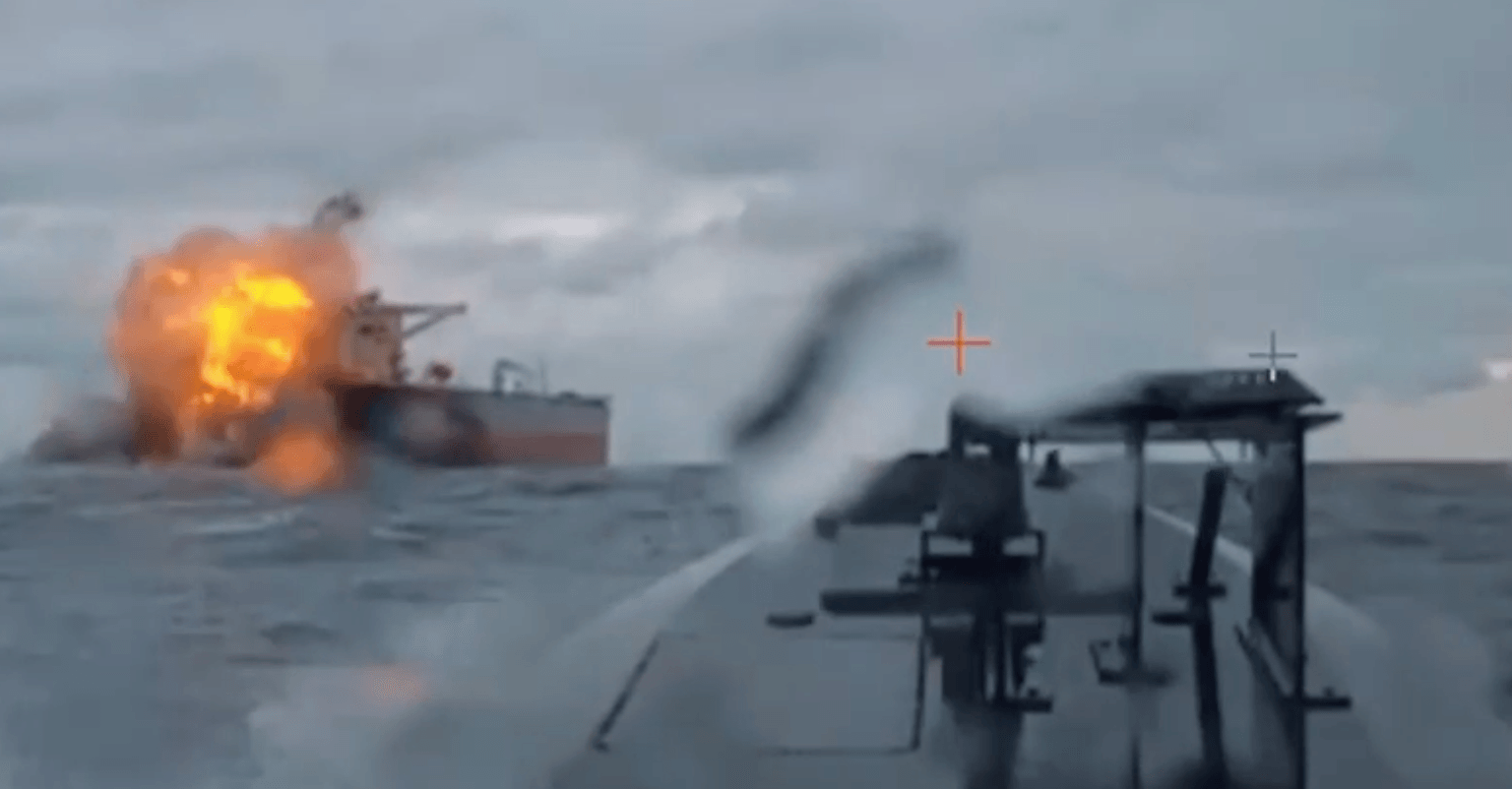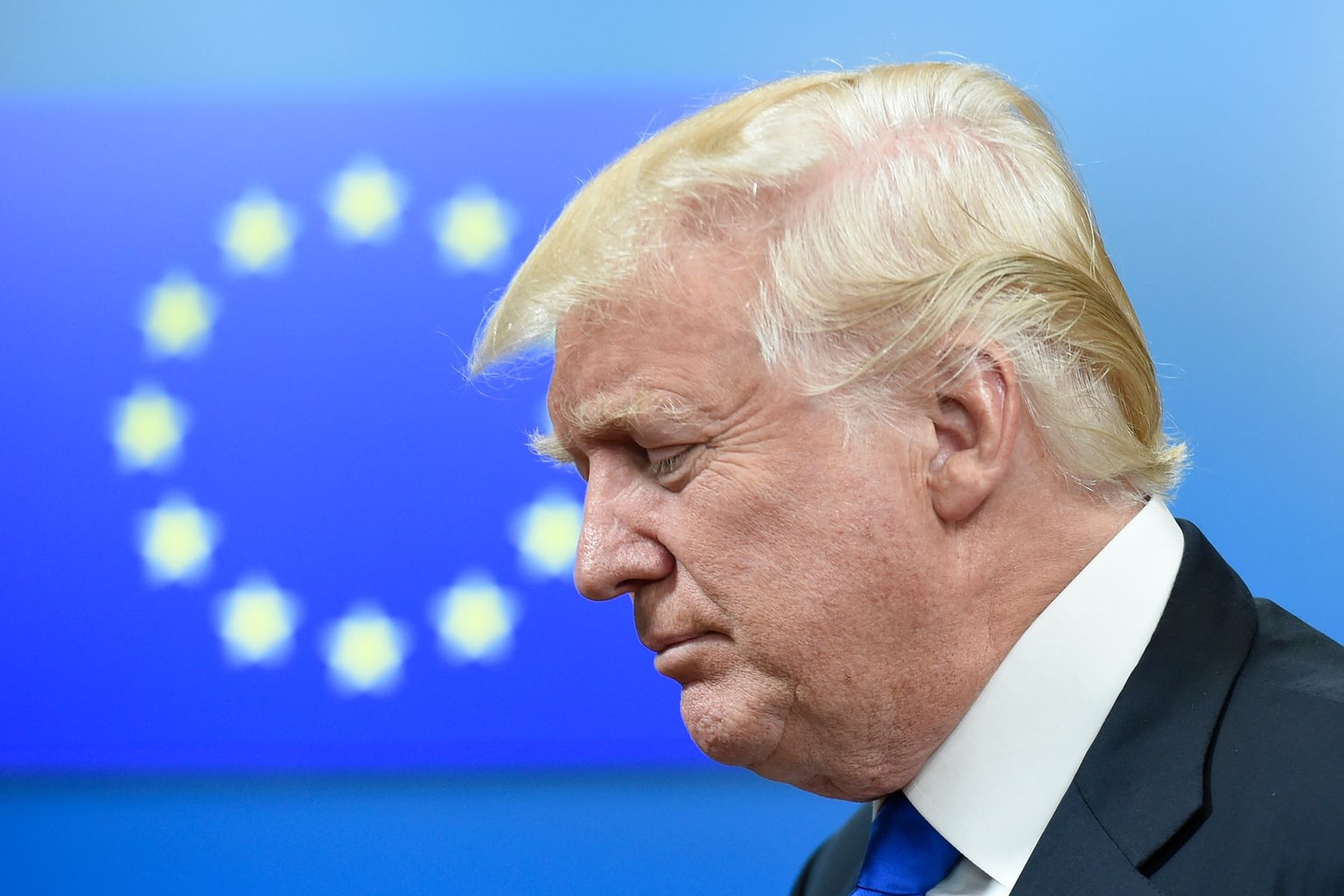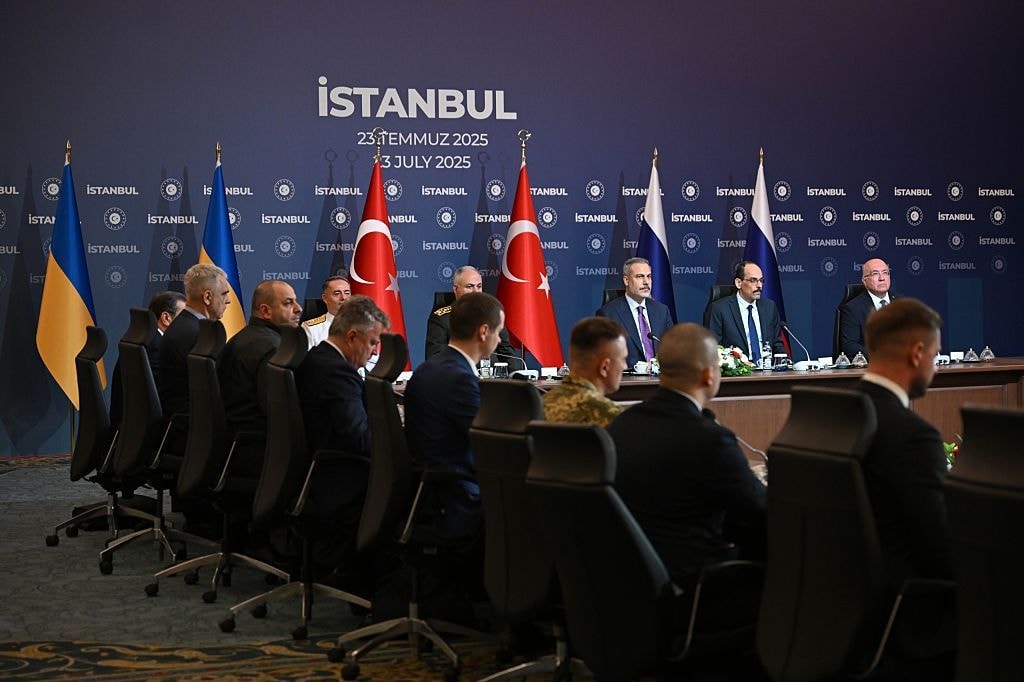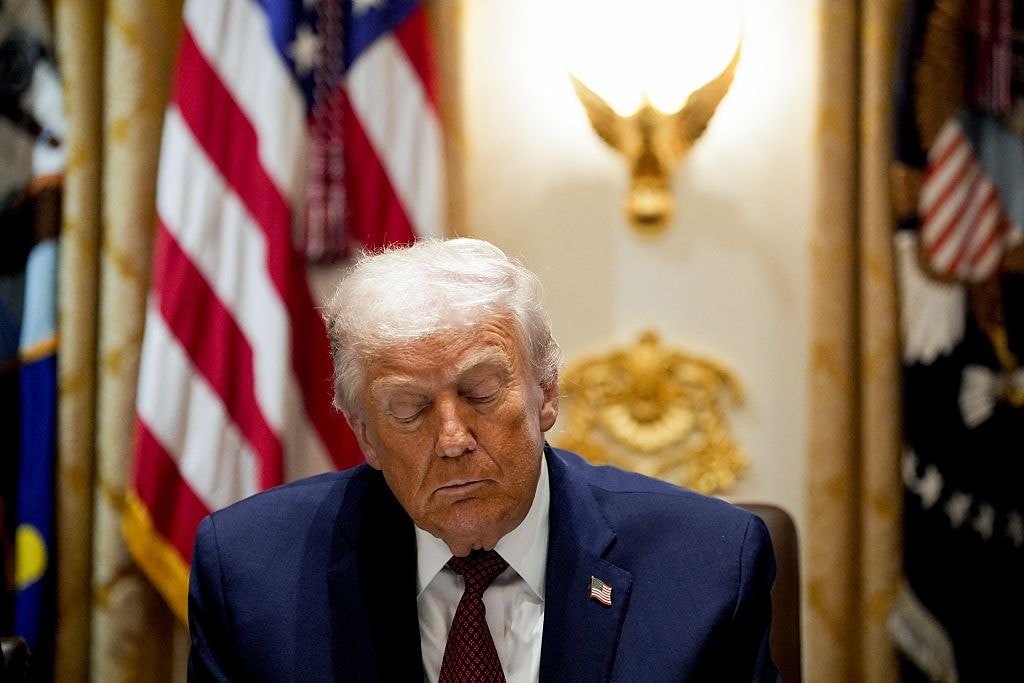PM Shmyhal meets with new Canadian ambassador, discusses economic cooperation
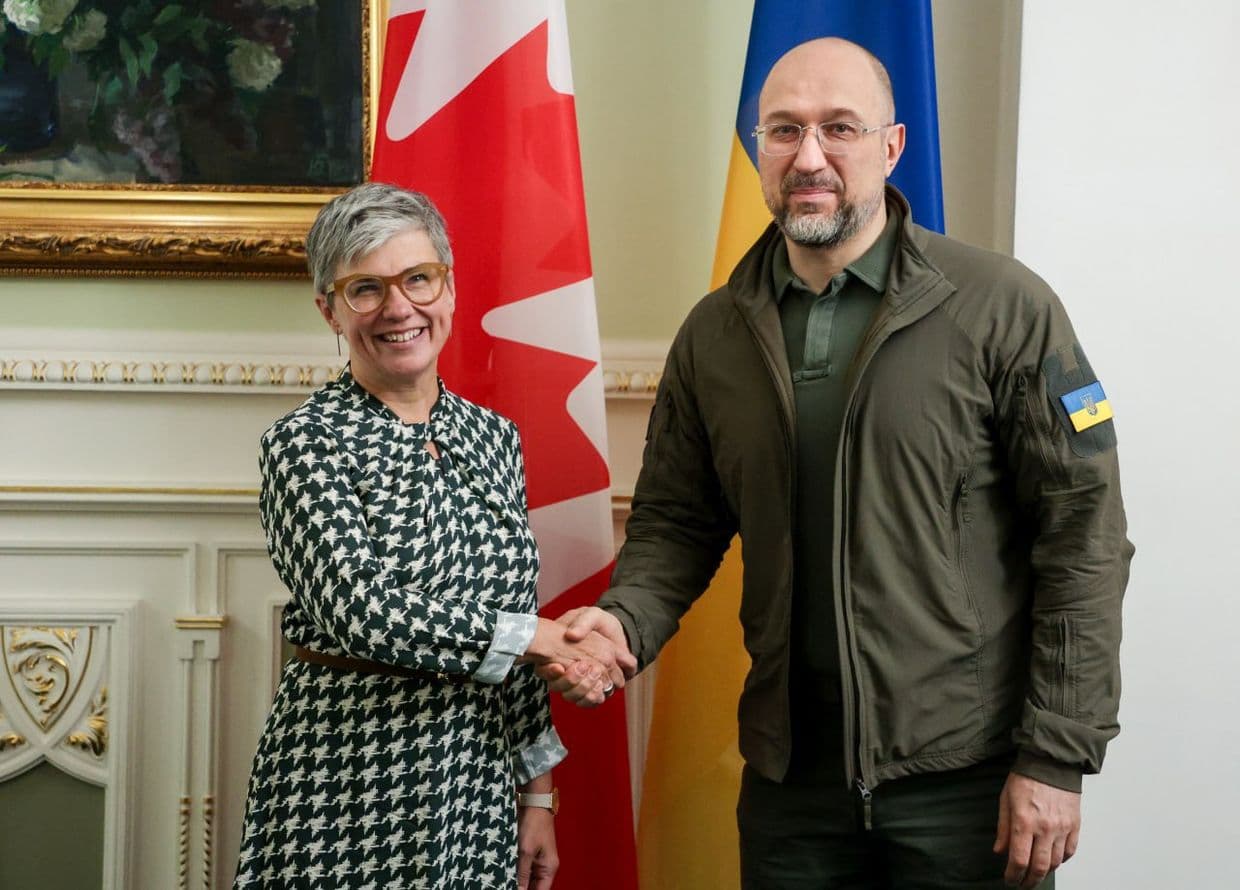
Prime Minister Denys Shmyhal held a meeting with Natalka Cmoc, the recently-appointed ambassador of Canada to Ukraine, Shmyhal shared on social media on Oct. 27.
The two discussed strengthening economic cooperation and investment from Canada, Shmyhal said, and "agreed to organize a visit of a Canadian business delegation to Ukraine."
Cmoc was appointed as ambassador in August 2023 and officially began her duties after she presented credentials to President Volodymyr Zelenskyi on Sept. 27.
"We continue to strengthen and develop close and friendly relations between our countries," Shmyhal said.
He thanked Canada for its support to Ukraine in matters of defense, finance, and the confiscation of Russian assets.
Canadian Defense Minister Bill Blair said on Oct. 11 that the country will provide a new $19 million aid package for Ukraine, which will include munitions and winter equipment.
Between February 2022 and September 2023, Canada provided Ukraine with $1.8 billion in military support.





